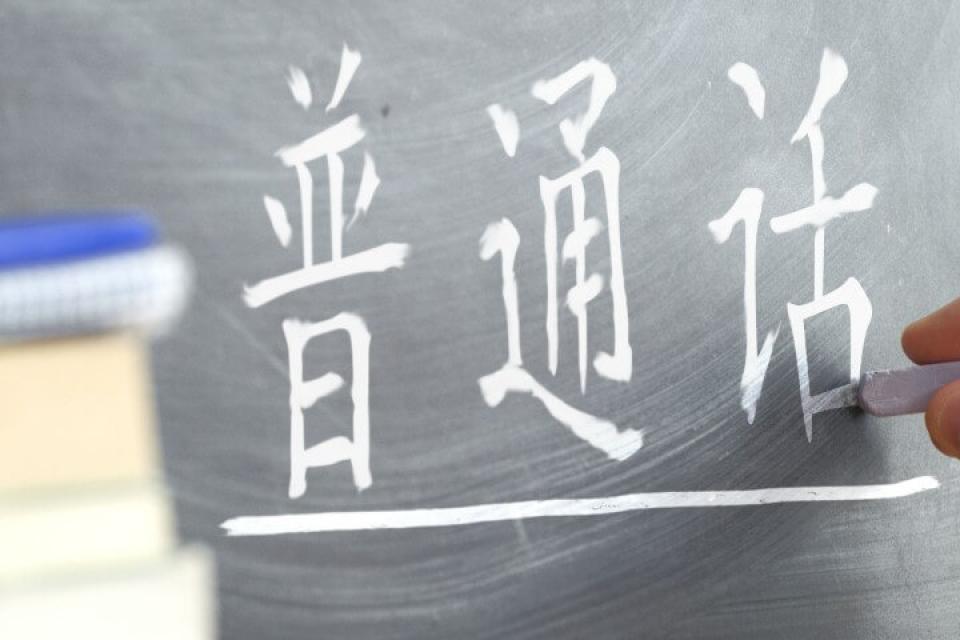Traveling is a nice activity we all crave for. It helps us enlarge and develop our perspective and view of the world. At the same time, it helps us learn new things and habits, taste new food, and socialize with people of other cultures.
There are benefits of learning Chinese, especially if you plan a trip there. What’s interesting to note is that you will most likely not find many Chinese people speaking English, so you need to learn a few common Chinese phrases. Chinese alphabet is very different from the English one and you might think that their letters are closer to Egyptian hieroglyphs.
Here are 6 everyday Chinese phrases you should know and that will help you in a variety of situations.
- 你好 (nǐ hǎo) — Hello
One of the most important phrases a newbie traveler should learn before going to China. Respect is appreciated in every country and Chinese people will appreciate it if you communicate with them in their mother tongue.
However, if English has just one way of saying hello, in China there are many variations to this greeting. From hello, you can say good morning, good evening or good afternoon. And the Chinese also have a different way to say hello when they answer the phone, which is different from the face-to-face hello.
- 早上好 (zǎo shang hǎo) — Good morning
- 午安 (wǔ ān) — Good afternoon
- 晚上好 (wǎn shàng hǎo) — Good evening
- 喂 (wéi) — Hello (used when answering the phone)
Hello is made of the words “you” and “good” and this is a nice perspective on social relationships.
- 你会说英语吗? (nǐ huì shuō yīng yǔ ma?) - Do You Speak English?
According to custom writing from a dissertation writing service, many newbie travelers assume that everyone speaks English and that communication will be very efficient. However, you cannot assume this because every culture has its habits and traditions and some people might be more resistant to learning English.
It is important to know how to ask someone if he speaks English. You will be amazed by how many Chinese actually know English.
Of course, if they know, they will probably switch to English. But if they don’t, they will probably say something like (bú huì) 不会, which means “I can’t speak”.
- 厕所在哪里? (cè suǒ zài nǎ lǐ?) — Where’s the bathroom?
When traveling to a foreign country that does not display many English signs, you need to ask locals where you may find what you are looking for. We all know how difficult and urgent it can be sometimes to find a bathroom, so this is a key phrase you need to learn.
People will understand that you may not speak Chinese so they will try to point the direction and show it to you instead of answering in Chinese.
If you find it hard to remember so many new words, and it will be as it is a completely new language, you can keep in mind "cèsuǒ." "Cè" means 'toilet'. "Suǒ" means 'place'. They will surely know what you need.
- 救命啊! (jìu mìng ā!) — Help!
Hopefully, you might not need to use this phrase, as usually, it means that something bad has or is happening. However, when traveling to a foreign country, it is helpful to learn key phrases that can help you catch the attention of others and get help.
- 谢 ( Xièxie) - Thank You
Knowing how to thank someone in Chinese is important, as it shows that you are respectful towards their culture and traditions. This can help you strengthen the bond with some people you will meet and they may offer you the help you need.
This is the most basic way of saying thank you, but there are more complex ones too. Westerns have a hard time pronouncing this word, but it should be something like sshyeah (xiè) -sshyeah (xie).
- 多少钱 (Duōshao qián?) - How Much Money?
When traveling to China, you will surely enter many souvenir shops and not only. You will need to order food and buy things from the supermarket, so knowing how to ask about the cost of the products in Chinese is very useful. If you find someone who speaks English, it will be much easier. However, if not, people will try to mimic or write down the answer so that you understand it.
Learning the numbers in Chinese might prove to be helpful, but it will take you a long time to master this language.
Duōshao is made of the words duō (much) and shǎo (few), which means “how much” or “how many”. If you know more words in Chinese, you can replace the last word (money) with something else’s cost you need to know about. Qián means “money”.
Conclusion
If you plan a trip to China and you are a newbie traveler, you should learn these key phrases in Chinese. They will help you communicate with the locals and get help from them. They can show you where the restroom is or how much money you need to pay for a bottle of water. Even though most Chinese people do not speak English, you will be amazed by how many do it.
Learn these essential phrases for your next trip and enjoy your time in China!
About The Author
Michael Gorman is a highly skilled freelance writer and proofreader from the UK, a member of the international community of academic writers online. He currently works at a custom essay writing, the best writing services in the UK. Michael is interested in everyday development and he loves traveling. Asia is his favorite continent and his dream is to move there in a few years. Feel free to contact him via Facebook or check his Twitter













